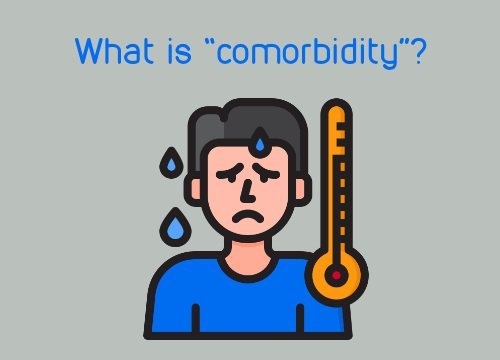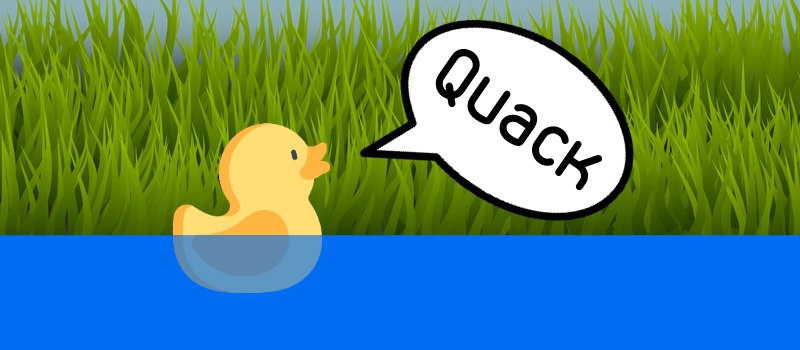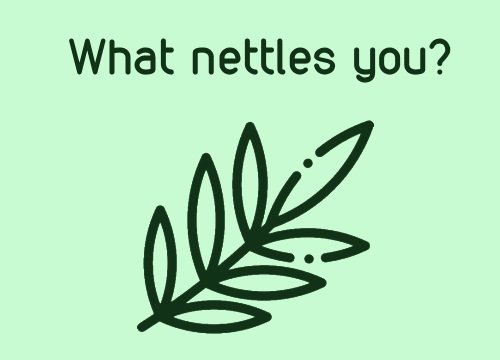
Scot-free
“Scot” you may know. A Scot (escocés) is a person who is Scottish (escocés). The male is a Scotsman (escoces) and the female is a
Si quisiera mejorar o aprender inglés, este blog podría ser su ayudante.
Cada semana algo nuevo se publica. Si quisiera recibir una notificación de un tema nuevo por correo electrónico solo tiene que suscribirse a nuestro blog desde el formulario del final de la página. Ir al formulario.
Su correo electrónico sería guardado de manera confidencial para que ninguna otra persona pueda usarlo.
El blog será en inglés, y únicamente damos explicaciones mínimas (en español) para aclarar algo, para traducir algo que podría ser difícil, o para acelerar su entendimiento.
El autor es Aimee, directora y una especialista en educación hablante nativa.

“Scot” you may know. A Scot (escocés) is a person who is Scottish (escocés). The male is a Scotsman (escoces) and the female is a

You have probably been “dogged” in your life. If you descibe a mortal as “dogged” (tenaz, porfiado) you are saying that he is determined to

A debonair (persona gallarda, o alegre) person is usually elegant in the way he dresses. This is usually combined with a cheerful (alegre) and courteous

We are learning more medical vocabulary as a result of the Covid 19 virus. The concept of “comorbidity” (la comorbilidad) is often mentioned in the

Ducks “quack” (graznido) or make the sound “quack-quack (cuac cuac). This is the noun. The word “quack” (graznar) is also a verb. An example: the

“Nettle” (ortiga) you may know. There are many types of nettle, and some mortals drink “nettle tea” (té de ortiga) for its health benefits. People

“Inflate” (hinchar) you will know. Mortals sometimes inflate (hinchar) balloons with air (hinchan con aire). Prices sometimes inflate or go up, producing inflation (provocando la

“Atom” (átomo) you may know. It has figurative (figurativo) uses too. Contemplate these: There is not an atom of truth in what Mr. Putin says

These two words are often confused. They are not interchangeable (intercambiable). Examine these: I will see you afterwards. “Afterwards” does not have a complement nor

“Cusp” translates as “cúspide” and “umbral”. The word comes from Latin (cuspis). To be on the “cusp of” doing something means that you are at

“Blithe” is an adjective and it means unconcerned (despreocupado). It can also mean “carefree” (risueno) or “light-hearted” or a very casual attitude. Some examples: Do

Cows “chew the cud”. The cud (bolo alimentico) is chewed (rumiando) as part of a cow´s eating habits. Mortals (mortales) often “chew the cud”. This

Esta web utiliza cookies para que podamos ofrecerte la mejor experiencia de usuario posible. La información de las cookies se almacena en tu navegador y realiza funciones tales como reconocerte cuando vuelves a nuestra web o ayudar a nuestro equipo a comprender qué secciones de la web encuentras más interesantes y útiles.
Las cookies estrictamente necesarias tiene que activarse siempre para que podamos guardar tus preferencias de ajustes de cookies.
Si desactivas esta cookie no podremos guardar tus preferencias. Esto significa que cada vez que visites esta web tendrás que activar o desactivar las cookies de nuevo.